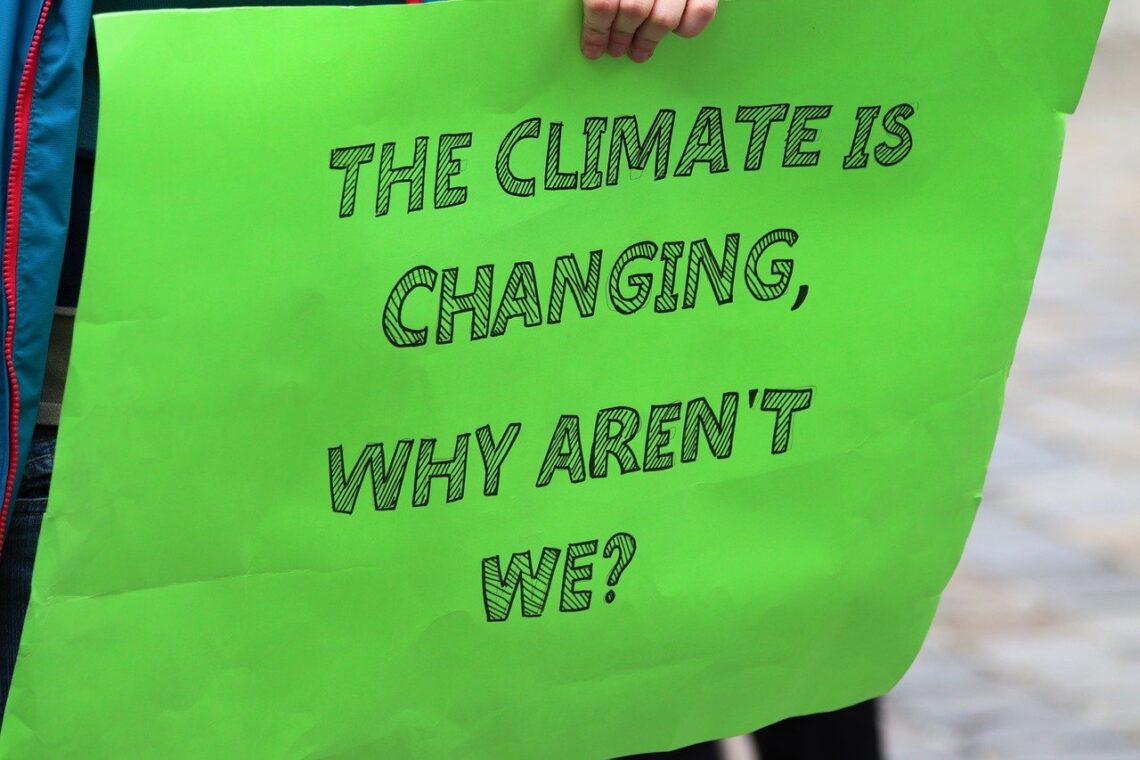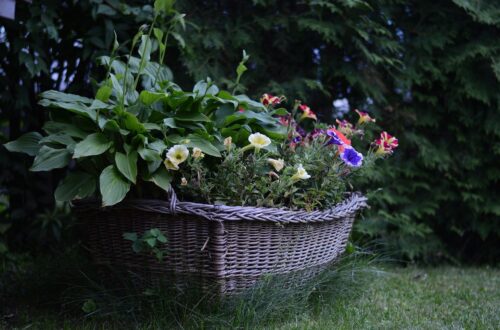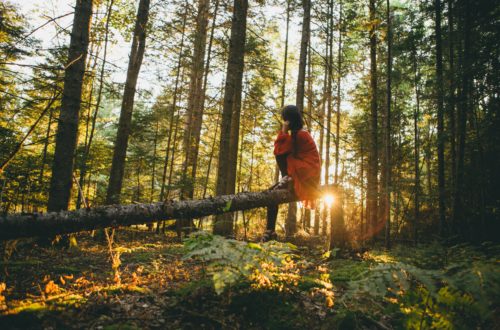When we first moved into our home 40 years ago, the front door lock didn’t work quite right. One day I decided to fix it. Ha! I learned that it just wasn’t that simple. In order to fix it, I needed to understand how it worked. If you want to fix something, it is wise to take the time to find out how it works, how all the pieces fit together.
It has become evident that many, many things are out of balance and fundamentally needs fixing: the economy, health care, the food system, partisan politics, climate change and environment, social and racial inequities, and education. This long list can seem daunting. But, this is also a time that makes it possible to make changes for improvement. If things weren’t falling apart, we’d just continue on the same old path. Change is possible if we act now.
We can’t use outdated thinking to solve these problems. And we can’t continue with the status quo. In his book, Code Red: How Progressives and Moderates Can Unite to Save Our Country, EJ Dionne explains Trump’s success because “Americans were seeking security and innovation, and wanted the virtues of the old economy – rising wages and opportunities.” That’s understandable. But now we have to move forward to address our current predicaments. It’s imperative to create an economy that meets the basic material needs of all people. And we can’t meet human needs while impairing Earth’s systems. What are the foundations of the Earth and our well-being? What are our essential needs? As David Attenborough says, “We are not saving the Earth. We are saving ourselves.”
Frances Moore Lappe, author of Eco-Mind: Changing the Way We Think to Create the World We Want, has suggested that we humans are maturing enough to move beyond our limited thinking – our thought traps – to transform into a new paradigm because this one is not sustainable. We must educate ourselves as part of our maturing. Progress is impossible if we repeat our missteps. Our most important work is to heal the damage to all the systems we depend on for our well-being. Immense possibilities and potentials await if we let ourselves recognize them. During the pandemic, individuals have come up with creative solutions to address a myriad of difficulties. I’m sure you have seen this, too. Stop and think of the workarounds you have come up with at home and for work.
Curiosity is crucial. If something isn’t working, take time to understand the causes of the breakdown. In order to address issues, we have to engage. We need to stop the push to dominate and recognize the need to collaborate and cooperate with Nature as well as with each other. We must put systems and solutions in place before the next virus outbreak like COVID-19, and because of climate change, that scenario is highly likely. Being prepared is the smarter course of action by far. A lighter footprint is necessary for all of us because, and it bears repeating, our existing system is not sustainable. We can see where it has brought us. “As they say on the GRIST website, “don’t freak out, figure it out”.
My particular areas of concern are:
Climate Change:
The fires on the West Coast and the hurricanes in the South are climate-caused; the forests are drier, and the water is warmer. My readings about climate change twenty years ago included an article about how malaria would become more widespread, affecting human health. Historically, the mosquitoes that carry malaria would not reach the higher elevation areas because the temperatures were too cold. Now, as temperatures are rising, the mosquitoes are in areas where malaria was previously not a problem. Because the effects of climate change take time to become evident, like the fires and the mosquitoes, people don’t notice the changes as they are occurring. For example, ask older people to remember how things used to be – how much snow fell, how many days air conditioning was needed, how many birds they heard at dawn in the summers, how many bugs splattered our on windshields when driving in the country, how many more trees were standing. If you are too young to have experienced the conditions of the past, the current situation seems normal.
Health/Food Systems:
Do you wonder why people are so much less healthy than they used to be? Or why so many people take so many medications? In the Spring 2020 issue of the Green Living Journal, I shared information about Regenerative Agriculture. This is a return to traditional practices that restore soil health, which in turn restores the nutrient levels in the food we require to be healthy. Those nutrients have been stripped from soils by industrial agricultural practices. I recommend being more aware of what you put into your body and learning more about the food systems that support not only your health but that of the Earth’s as well. Buy real food from local farmers that you know are practicing regenerative agricultural techniques.
Engagement:
Our actions go beyond ourselves. By that, I mean that everything we do or don’t do has an impact. Some people say “it’s just the way it is.” But must it be that way? Let’s ask WHY is it the way it is? Who is influencing the decisions being made? Do we approve of those decisions? Are they beneficial for everyone? What are we supporting with our hard-earned dollars? What harm are corporations doing to our environment and why are they getting away with that? I choose to engage by signing petitions, sending emails and letters to elected officials and to business leaders, supporting organizations working on environmental issues, shopping at farmers markets and local businesses. Plus I constantly make an effort to learn more. I am retired now, but when our son was at home, we were very engaged with the local schools.
Never underestimate the impact of gradual change, like our effort to reduce our waste. Since 2006, we have gone from one 32-gallon can of garbage a week to one can a month to four cans a year, two cans a year, then to one can a year. We accomplished this major reduction in garbage because of gradual but unrelenting changes. This focusing on reducing our solid waste also focused our thinking on reducing our use of all resources such as water, energy, food, money, etc. It is satisfying to know that we are steadily reducing our demands on the planet.
Now, what are YOUR concerns? Of issues that matter to you personally, choose one to start with. List – mentally or in writing – your top concerns, then reflect on them. Take time to connect with Nature. Find a quiet place to walk or sit and think about what matters most to you. Find articles, books, and local organizations that work on those issues. Creating solutions unifies people, and working locally gives you a sense of influence, accomplishment, empowerment, and connection. Below are a few resources for becoming more informed:
Resources, books, articles:
Coping with the pandemic https://bit.ly/3eM1lqb
Big Picture Activism https://bit.ly/3eD6Oj9
Food and health: www.earthconsciouslife.org/
Going Local: https://bit.ly/3lenJL9
Local Futures https://www.localfutures.org/
Books:
The Nordic Theory of Everything
EcoMind: Changing the Way We Think to Create the World We Want
************************************************************************
Betty Shelley is a Master Recycler (class #2), a former Metro Recycling Information Specialist, an Agent of Change, and the founder of Reduce Your Waste Project. Betty found Northwest Earth Institute in 1993 when it was founded in Portland. The NWEI discussion courses made her more aware of the choices we make as well as the consequences of those choices. Since 2006, Betty and her husband, Jon, have had just one 35-gallon can of garbage per year. The Shelleys offer the class “Less is More: Getting to One Can of Garbage a Year”.
For more info: https://reduceyourwasteproject.com






